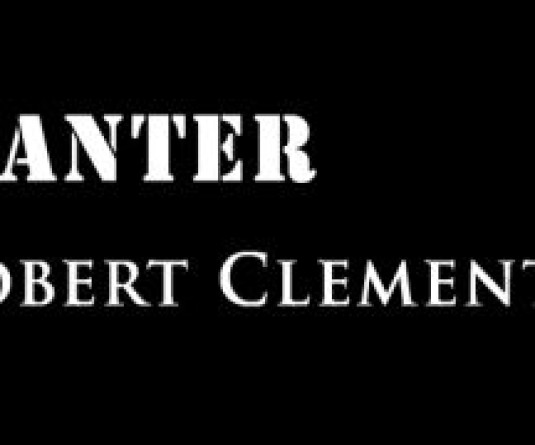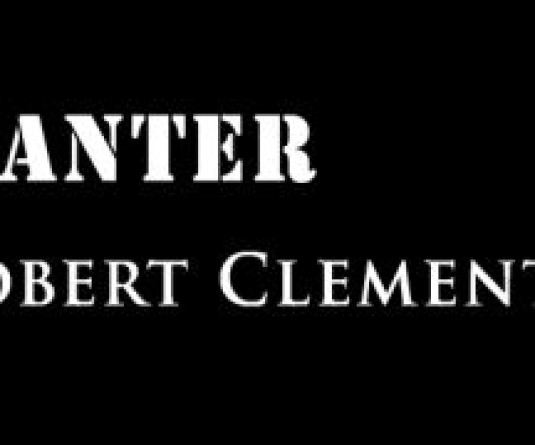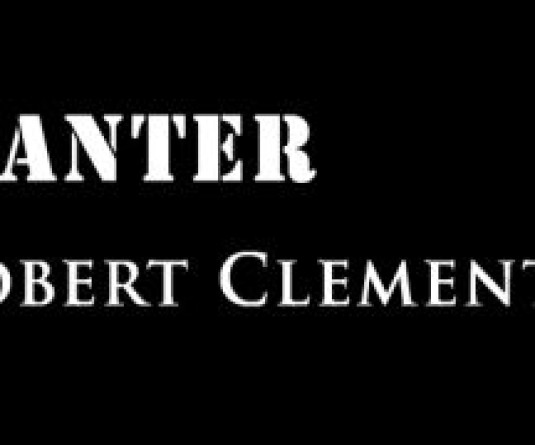
Maybe it is the desire to sell books that makes Stephen Hawking claim the death of God and the death of Philosophy. (If you're in the UK, you can listen Hawking make this claim here.) M-theory, a variant of string theory, offers many possibe values for the cosmological constants and therefore many possible shapes of universes. So when you come to ask yourself the question, "Why am I here?", here is the answer: "you are in the universe which, by the setting of its cosmological constants, makes you, the perceiver possible. If things were much different – and they could be – you would not be here to ask that question."
Rationalist humanism goes beyond scientism
This is a beautiful and intricate answer to the question. My favourite telling of it is in an article by philosopher Derek Parfitt. But I also think that the answer fails to answer the question in several important ways - it is an argument that fails ignoratio elenchi, as scholastics might have said: a valid conclusion that fails to address the problem it purports to solve. There are broadly two big issues left out of Hawking's vision for the answer: first, there is no room in it for the self, for consciousness, for being. So in asking "Why am I here?", it conveniently forgets to answer anything about what selfhood might be. And second, most people asking that question are asking it as a prelude to another question, "What should I do?". And Hawking has no room in his M-theory for a world of "ought".
The two lacunae are closely related. The project for a life can only come out of a sense of empowered being, and that is what opens the possibility of a meaningful answer to "ought" questions. Our being and a sense of what we should do today arise from the possibility of self-production of the aspects of reality that are created out of meanings. I highly recommend the Raymond Tallis / Roger Scruton discussion of this point in this week's Standpoint, where Tallis writes:
A true humanist isn't somebody who naturalises humanity and argues that we can be explained entirely in biological terms. We are profoundly mysterious and we've hardly started thinking about ourselves in a post-religious way. As a humanist, I share something which is central to religion: a feeling for the sacredness and profound mystery of human life.
Rationalist humanism goes beyond scientism
This is a beautiful and intricate answer to the question. My favourite telling of it is in an article by philosopher Derek Parfitt. But I also think that the answer fails to answer the question in several important ways - it is an argument that fails ignoratio elenchi, as scholastics might have said: a valid conclusion that fails to address the problem it purports to solve. There are broadly two big issues left out of Hawking's vision for the answer: first, there is no room in it for the self, for consciousness, for being. So in asking "Why am I here?", it conveniently forgets to answer anything about what selfhood might be. And second, most people asking that question are asking it as a prelude to another question, "What should I do?". And Hawking has no room in his M-theory for a world of "ought".
The two lacunae are closely related. The project for a life can only come out of a sense of empowered being, and that is what opens the possibility of a meaningful answer to "ought" questions. Our being and a sense of what we should do today arise from the possibility of self-production of the aspects of reality that are created out of meanings. I highly recommend the Raymond Tallis / Roger Scruton discussion of this point in this week's Standpoint, where Tallis writes:
A true humanist isn't somebody who naturalises humanity and argues that we can be explained entirely in biological terms. We are profoundly mysterious and we've hardly started thinking about ourselves in a post-religious way. As a humanist, I share something which is central to religion: a feeling for the sacredness and profound mystery of human life.





